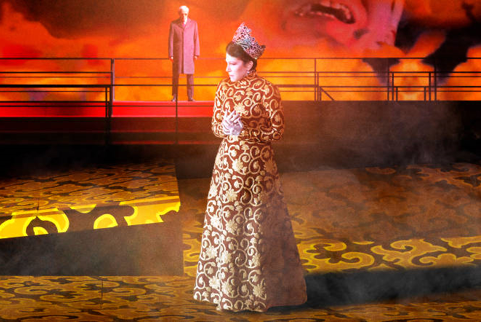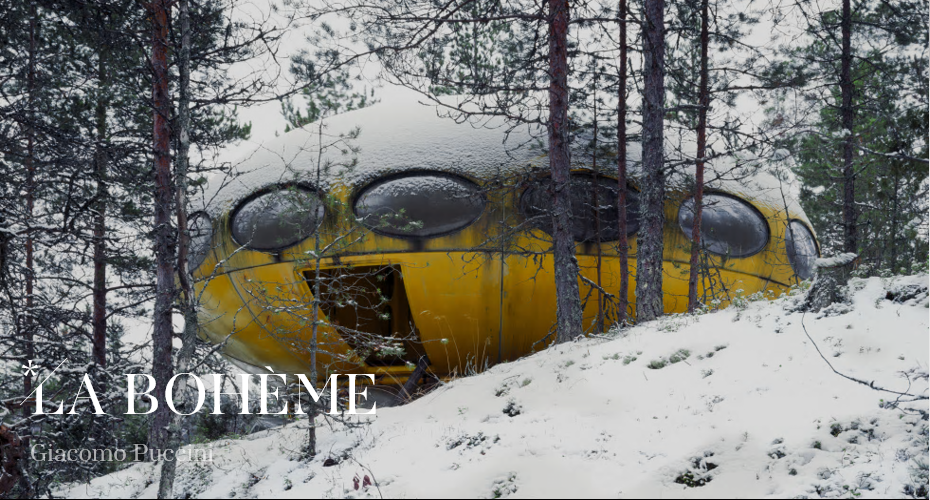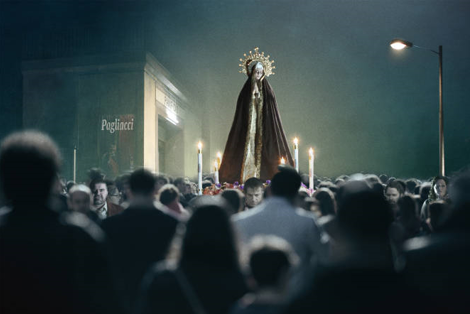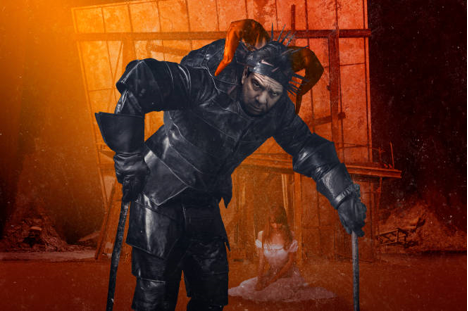Semiramide at the Royal Opera House
Image taken from the Royal Opera House website
Gioachino Rossini was born in 1792 and was a prodigious composer of operas – composing 39 altogether. At the age of 31 he composed his last opera in Italy, being Semiramide, which had its premiere in 1823 in Venice. The music recreated the Baroch tradition of decorative singing with unparalleled skill. The ensemble scenes, particularly the duos between Arsace and Semiramide, together with the choruses, are of an extremely high order.
Prior to this production, the last performance of Semiramide at the Royal Opera House was for the London International Opera Festival and included a cast of June Anderson, Chris Merritt, Marilyn Horne and Samuel Ramey as its imperious principals, but it was a concert performance due to the perceived difficulty of staging this work. David Alden, the Director, gave us an interesting, occasionally substantial production, which allowed lots of space on stage for the chorus and singers. However, the direction on occasions went slightly array with members of the chorus writhing on the floor or their knees. Nevertheless, the large family portraits dealt properly with the authoritarian regime of the Queen of Babylon and the outstanding costumes were designed by Buki Shiff.
It is strange in this opera to cast a mezzo soprano for the role of Semiramide, but Joyce DiDonato was magnificent in the difficult role. There were moments when one missed the exciting upper register singing that some sopranos in the past had performed, but the depth and quality of sound, together with the interpretation of the role by DiDonato was outstanding.
The deep mezzo voice of Daniela Barcellona seems to have lost some of its powerful aura over the years, but she still has a quality instrument that enables her to portray the role of Arsace with relevance and vigour, particularly in her duets with the Assur of Michele Pertusi, who had recovered from his first night flu and sang imperiously.
The Indian King, Idrenom, was sung by the Amercian tenor, Lawrence Brownlee, who’s Rossini tenor interpretation of the role was outstanding. The other parts were all sung well, particularly the high priest Oroe, being the bass, Balint Szabo and the Princess Azema, sung by the soprano, Jacquelyn Stucker, who is a member of the young artists programme.
Bearing in mind how difficult this production is to stage, the Royal Opera House did an outstanding job overall with a very worthwhile and plentiful evening.
David Buchler







